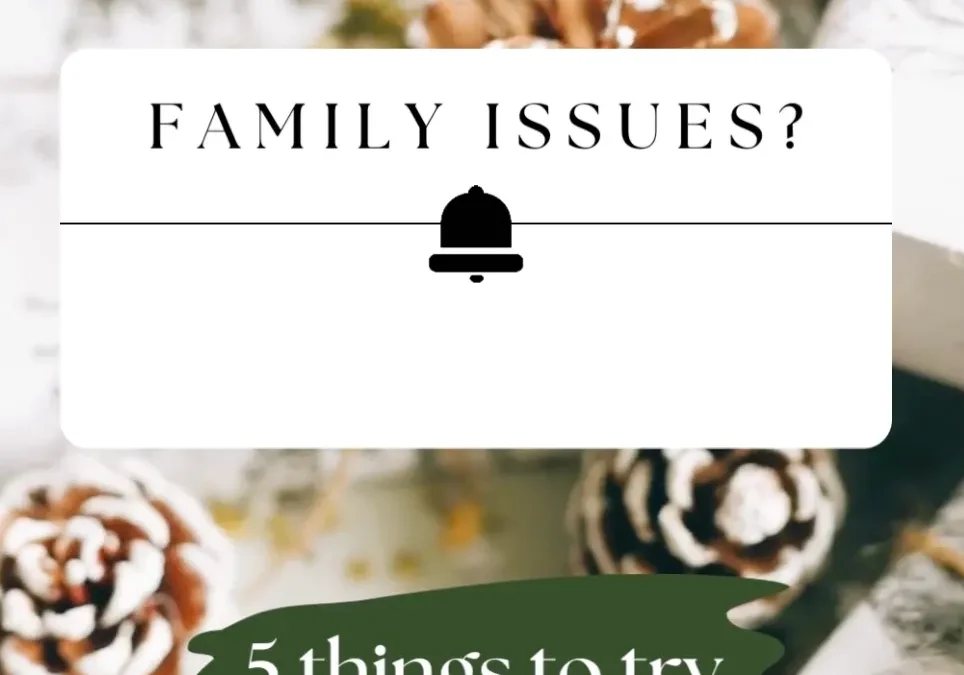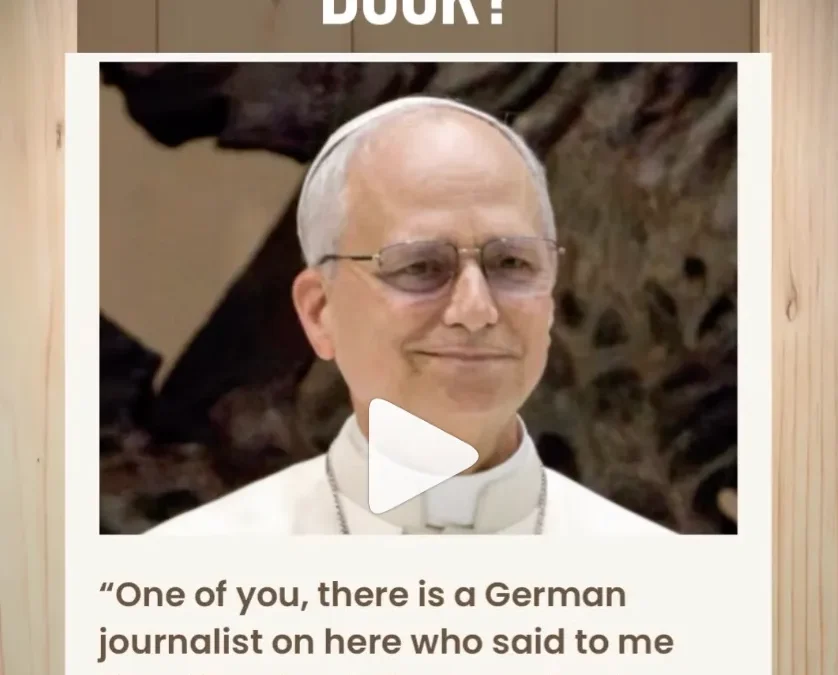Today is the Feast of Corpus Christi—or in English, the Solemnity of the Most Holy Body and Blood of Our Lord Jesus Christ.
“Corpus Christi” is Latin for “the Body of Christ.” So really, this is the feast of the Body and Blood of Christ. And what we’re talking about is the Eucharist.
Now today, I want to preach about this, so I figured I’d give you a little foretaste of what I want to say. If it’s bad, I’ll change it before I preach for real—so you all get to be the guinea pigs. Congratulations.
The first thing I want to mention when we talk about the Eucharist is sort of the elephant in the room. In church circles, this is the Pew Research study from a few years ago. It found that only one-third—so 33%—of Catholics who go to Mass believe that the Eucharist really is the Body and Blood of Jesus.
Let that sink in. We’re not talking about lapsed Catholics—we’re talking about people who actually go to Mass. Only one-third of them believe what the Church teaches about the Eucharist.
That’s a problem. And it’s a problem for a lot of reasons. Some might say, “Well, that’s elitist—obviously theologians and priests are going to believe that, but the people…” Sure, there’s some truth to that. But I also think we need to recognize that not all practice is equally good. Diverse expressions of faith exist, yes—but there is such a thing as bad practice. Practice that goes against the core of the faith.
If we don’t believe the Eucharist really is the Body and Blood of Jesus, why is that a big deal? Why isn’t it just some overly theological concern?
Well, here’s where I want to help.
A Priest Explains Corpus Christi, The Eucharist, And Why It Matters
Why We Believe The Eucharist Is The Body And Blood Of Jesus
The reason we believe the Eucharist is the Body and Blood of Jesus is because Scripture and Tradition teach it.
Let’s start with Scripture. Most of you are probably familiar with John 6. If you struggle with this teaching, go read John 6. It’s very clear.
“He who eats my flesh and drinks my blood remains in me and I in him. The food I will give is my flesh for the life of the world… My flesh is true food, and my blood is true drink.”
At the Last Supper, Jesus didn’t say “This is a symbol of my body.” He said, “This is my body.” And when He said, “Do this in memory of me,” He meant it—as a living memorial of something real.
In John 6, Jesus doubles down. This is one of the few times in Scripture where He lets people walk away because they don’t believe. That’s rare.
People say, “Jesus would never let anyone go! He’d chase them down!” But that’s not what He does here. The crowd says, “Is this man giving us his flesh to eat?” In other words, “Is this cannibalism?”
If you know Greek (and no shame if you don’t), you’ll know the word Jesus uses for “eat” isn’t polite. It’s the word used for animals eating—like gnawing. He says to gnaw on His flesh. Tear it. It’s very graphic.
The people understand what He’s saying. They say it’s insane. And Jesus doesn’t walk it back. He doesn’t say, “Wait! It’s just a metaphor!” He lets them go. Then He turns to Peter and asks, “Are you going to leave too?”
And Peter, bless him, doesn’t pretend to understand. He says, “Lord, we’ve come to know and believe that you have the words of eternal life.” In other words: “I don’t get it—but I trust you.”
Tradition backs this up. Justin Martyr, writing in the year 100, says that the bread and wine are not mere food, but after being transformed, are the Body and Blood of Christ.
Polycarp, a disciple of John, says the same. This isn’t a late medieval idea invented by power-hungry churchmen. Jesus taught this. The early Church believed it. Paul believed it.
Paul says, “I hand on to you what I received,” and then he quotes the words of the Last Supper. He even warns that if we eat and drink unworthily, we eat and drink judgment on ourselves. If it’s just a symbol, that warning doesn’t make sense. But if it’s real—then it absolutely does.
Why The Eucharist Matters
So—why should you care?
First, if this is true, then God literally lives in our churches. He’s not just in Heaven. He’s not far off. He’s here. Present. You can go see Him. That red candle burning in every Catholic and Orthodox Church? It means Jesus is there.
Second, a more theological reason: the Eucharist reveals that God wants to transform this world.
Gregory Palamas, a monk from the 1300s, talks about this beautifully. He says we’re not that different from the world around us. Our bodies are made of the same stuff—carbon, calcium, water—as the earth. We are part of creation.
But if the Eucharist is real, then Christ lifts up this creation into divine life. The bread and wine, offered at the altar, become a means by which the world itself is transformed.
The veil is pulled back. We get a glimpse of what God intends for us. If the Eucharist is just a symbol, then our communion with God is just imaginary. But if it’s real—then everything changes.
When you receive communion, God melds Himself with you. He takes possession of you. The difference between you and God becomes incredibly small.
The Kingdom of God is within you. And the light of the Transfiguration—the same light that shone on Mount Tabor—shines in you.
That’s hope. That’s the reason we don’t believe in chaos and meaninglessness. God is changing this world—starting with us.
What You Should Do About It
First, prepare to receive the Eucharist with faith and reverence. Like Peter, even if you don’t fully get it, say: “Lord, I believe.”
Second, don’t receive unprepared. If you’re not ready—don’t go. That’s okay. It’s better not to.
Do you prepare for a wedding? For a big event? What about when you’re uniting with God?
The Church asks for a very small fast—one hour before receiving communion. Unless you’re eating on the way in, that’s easy. I encourage a bit more if you can. And please—no gum. It breaks the fast and it’s inappropriate for Mass.
Third, make sure your soul is ready. If you’re in mortal sin, go to confession before receiving communion. This isn’t about being mean or judgmental. It’s about honoring the gift.
We’ve gotten into this robotic habit where everyone lines up row by row for communion. Maybe that’s part of why people don’t believe—it doesn’t look like anything important is happening.
If you want to believe in the Eucharist, treat it like what it is. Let it be a big deal. Prepare. Pray. Fast. Confess. Receive reverently.
Because when you do, Jesus promises: “Whoever eats my flesh and drinks my blood remains in me, and I in him.”









